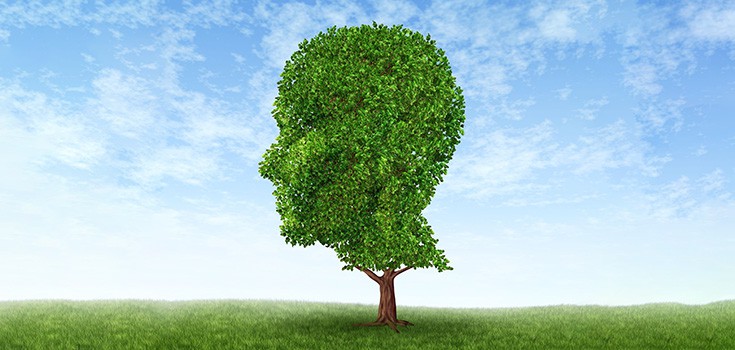Our Gut is our ‘Second Brain’: It Affects Mood and Health More than You Know

There are millions of neurons lining your gut almost as extensively as in your brain – do you think that might have something to do with your mood, your ‘intelligence’, and your overall health? Sometimes called the enteric nervous system, the stomach and intestines have a lot to say about how you feel, or how you ‘stomach’ emotions in general, as well as how well your body fends off unwelcome guests.
The enteric nervous system is so intelligent, in fact, that it houses entire networks of neurotransmitters and special proteins that tell the rest of the body what’s going down – quite literally. It is so wise, that it can operate distinctly from the brain and spinal nerves, and quite often does. Just think of the last time you ate something that didn’t agree with you. Your brain probably didn’t override a sudden urge to purge. Your enteric ‘brain’ knew to get that unsavory meal out of you as fast as possible to prohibit an even more unappealing outcome.
Did you also know that the gut produces more serotonin, the well-known happy hormone, than the brain does? 95% of all serotonin lives in the gut, not in the head. A big part of how we feel every day is truly related to our gut’s feeling, as it digests through the daily grind, our food as well as our food for thought. In fact, irritable bowel syndrome is caused by an imbalance of serotonin in the gut, and is sometimes called the ‘mental illness’ of the brain. We cannot experience an emotion or think a thought without a biological correlation. The brain-gut axis is deeply moved by our daily emotions.
Our gut health is also key to our immunity, and is especially important for infants to bypass illness.
Millions of tiny benevolent bacteria live in our large and small intestines as well as our stomachs, and they help to fend off bad bacteria, which can cause disease and even multiple types of cancer. Often called the ‘second brain,’ our gut is more important than we ever might have suspected.
So how do you ensure a healthy gut? Antibiotics are a major player in the destruction of gut health as they destroy both the bad and good bacteria, so it’s important to avoid antibiotics whenever possible. Luckily, there are numerous natural antibiotics that can be utilized for remedying various resistant infections. In addition to avoiding antibiotics, try implementing these 4 ways to improve gut health.
Additional Resources:

"You are what you eat." The food we eat is like fuel. It gives our bodies the energy they need to function well. If you don't make sure that the fuel you pump into your body is of the right quality or quantity, you just won't feel as healthy as you could. We all have up to a 100 trillion cells in our bodies, each one demanding a constant supply of daily nutrients in order to function optimally. Food affects all those cells, and by extension every aspect of our well-being: mood, energy levels, food cravings, thinking capacity, sex drive, sleeping habits, and general health. In short, healthy eating is the key to well-being.
Linda — VLCNW Student
I would like to subscribe to your newsletter.